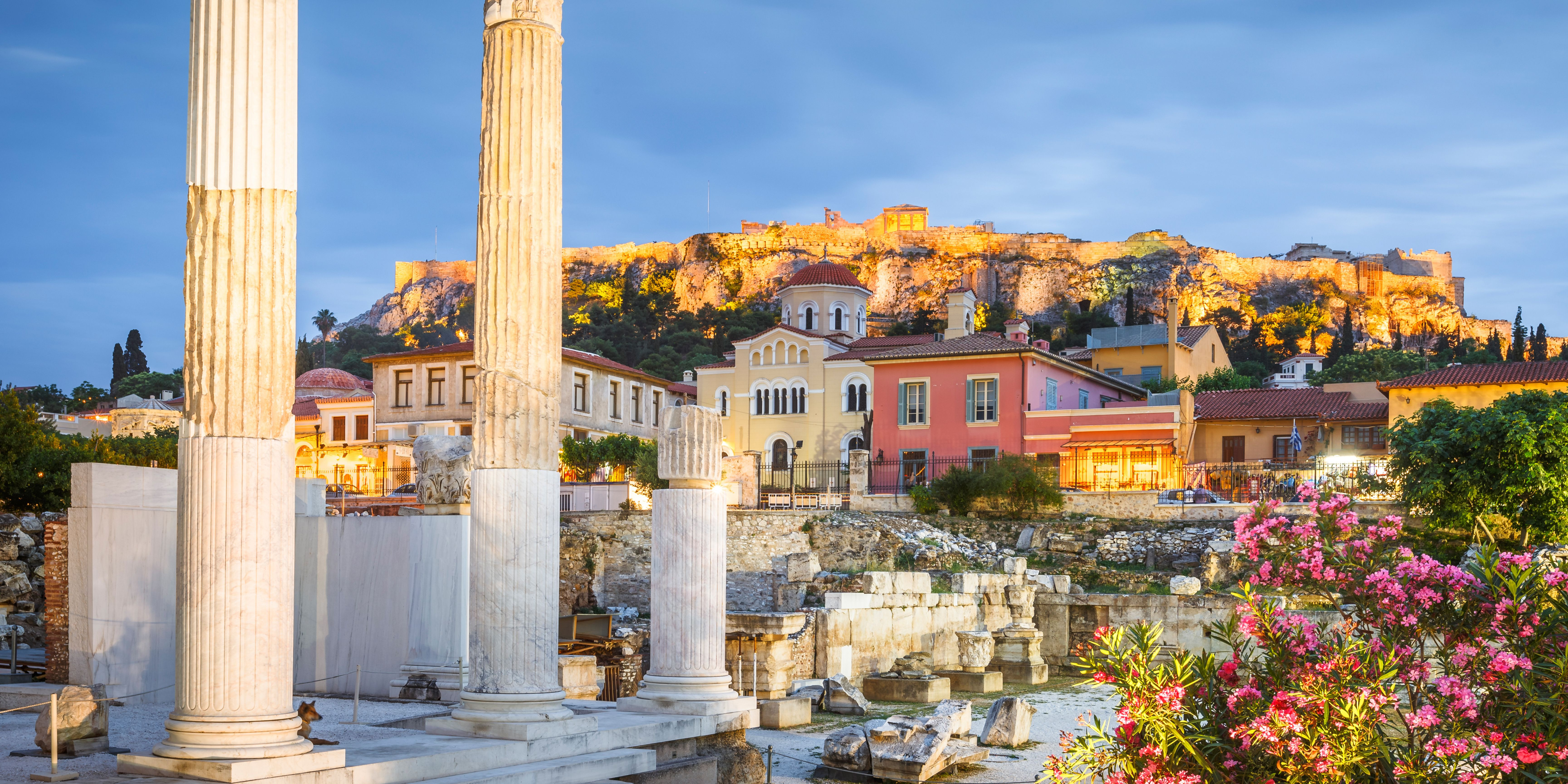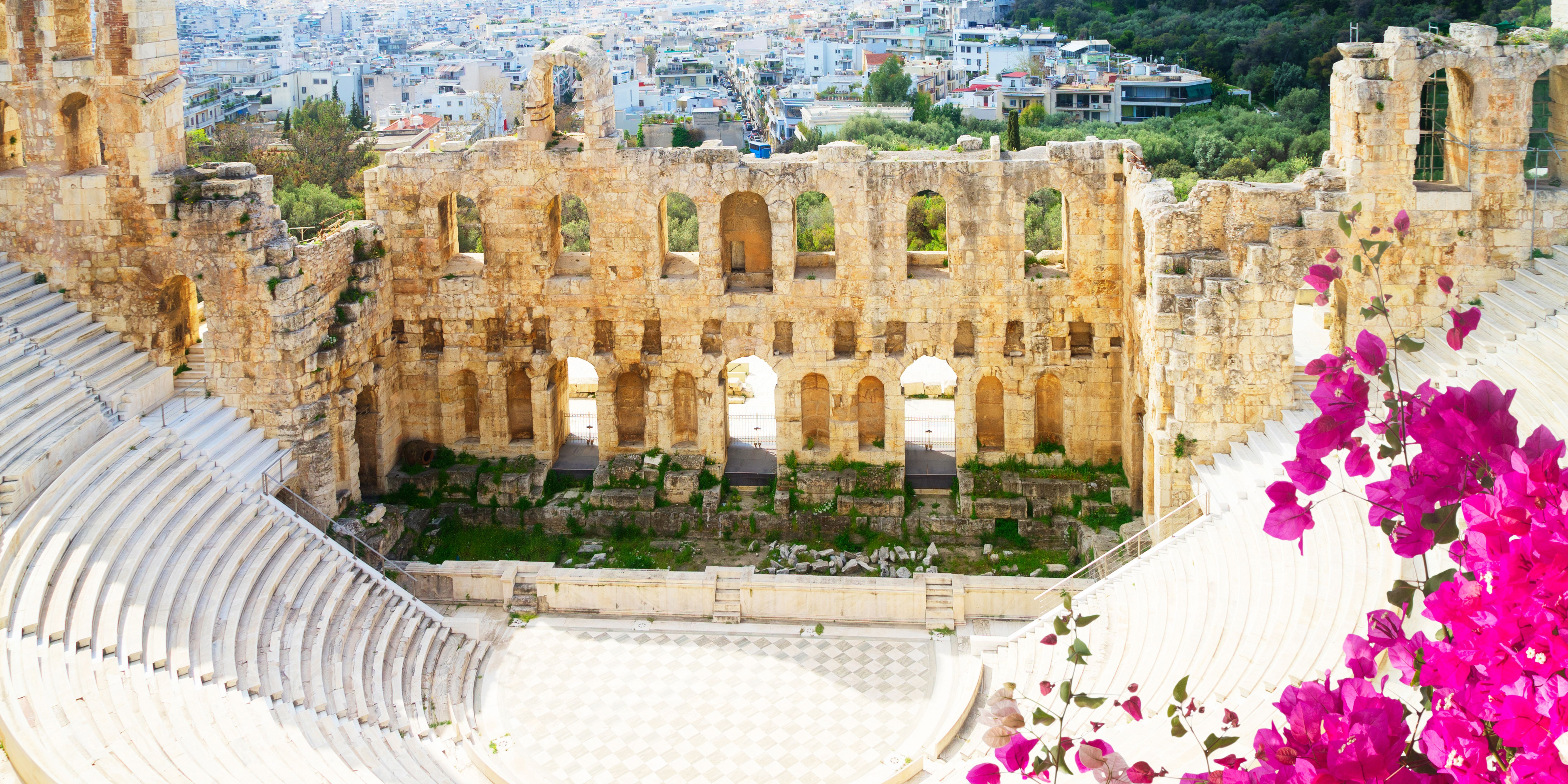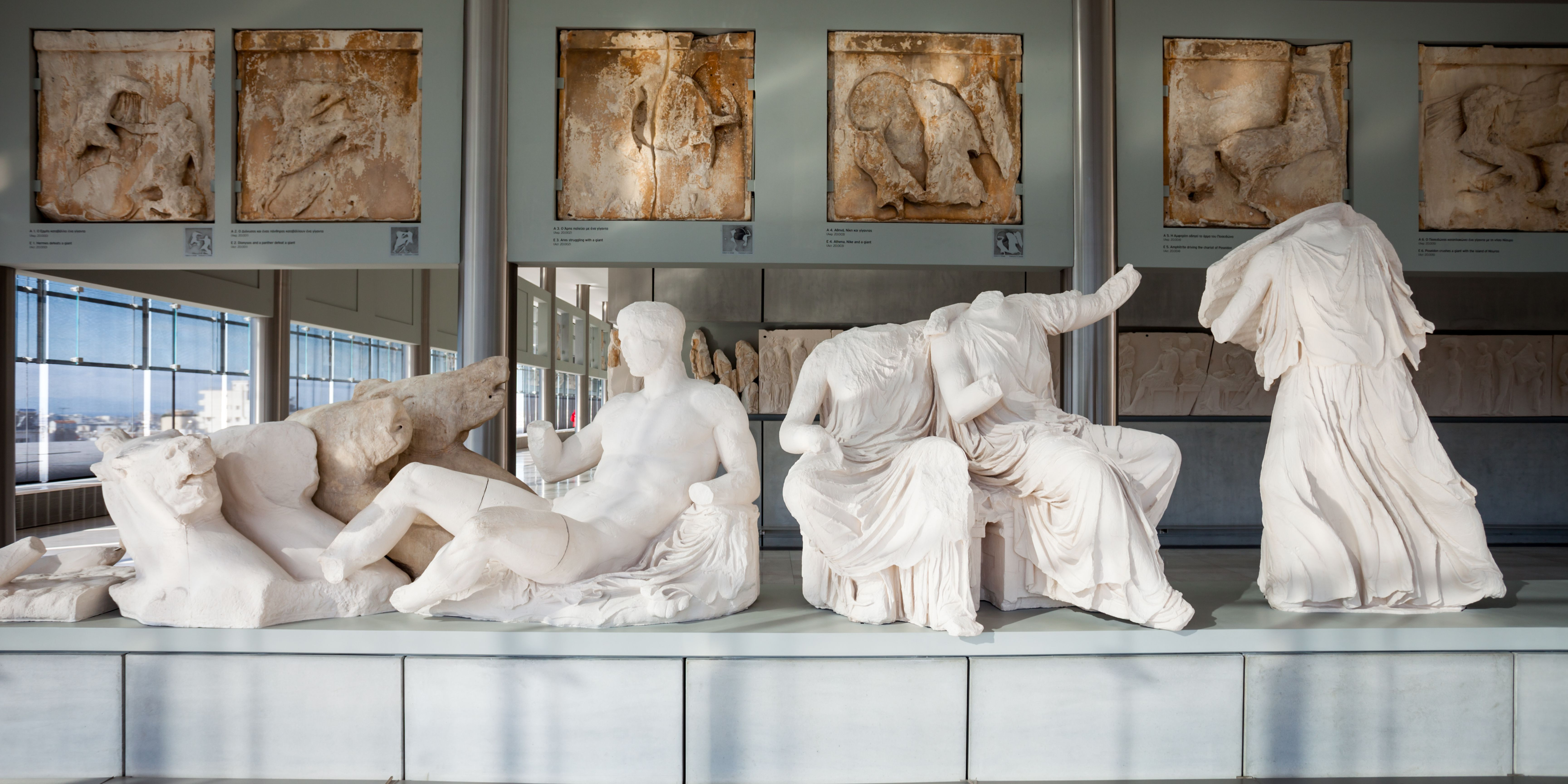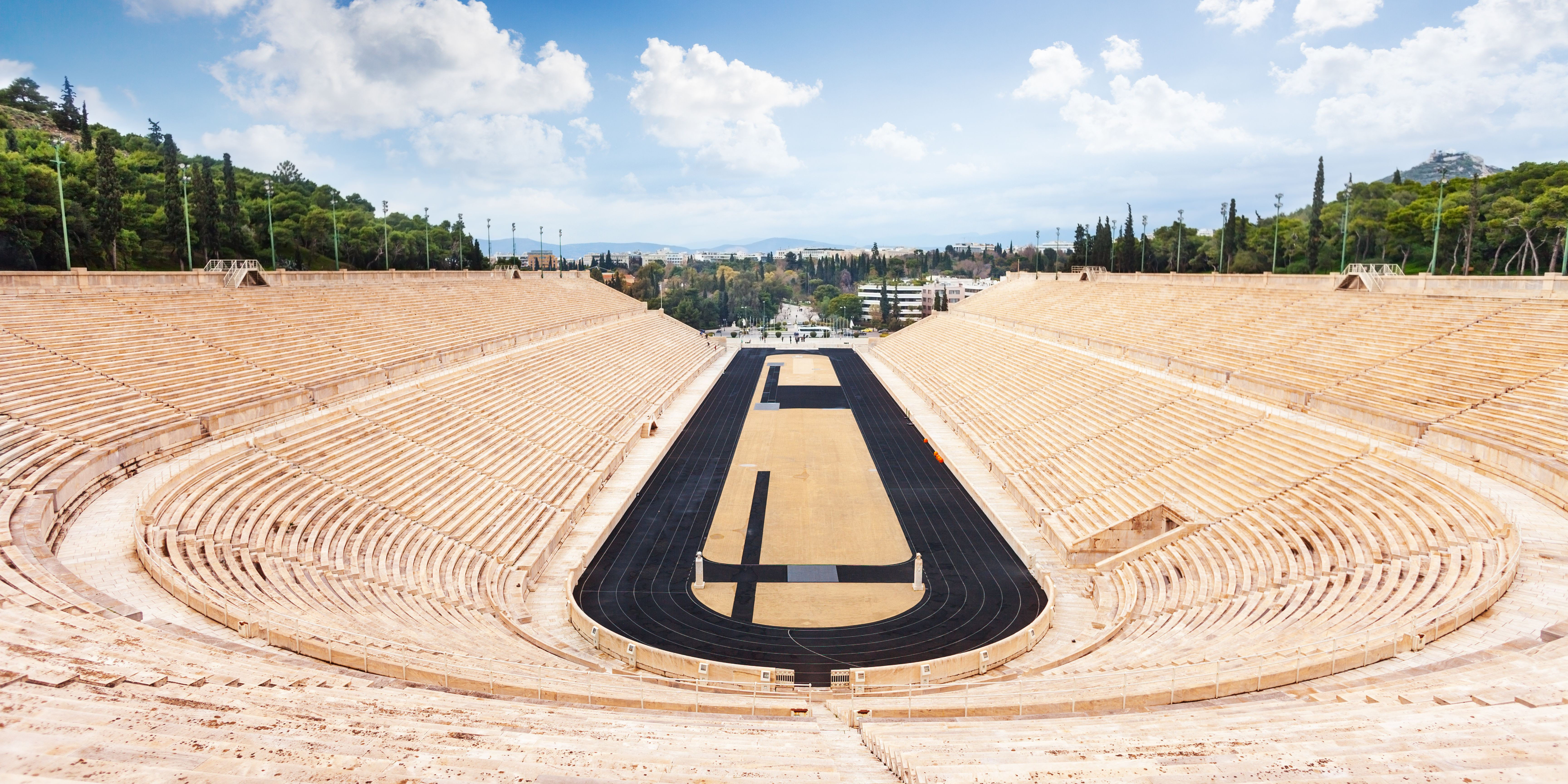Let's dive into a few highlights that shed light on what makes Athens so special.
History traces the roots of the city back to over 3,400 years, marking it as one of the world's oldest cities.

Athens, with a history stretching back over 4,000 years, has seen pretty much every kind of government: from monarchies and democracies to socialism, capitalism, and even communism.
The city's name comes from an ancient myth where Athena and Poseidon vied for its protection. They both presented gifts to win over the city's residents and gods. Athena's olive tree, valued more than Poseidon's saltwater spring, won her the honor of becoming the city's namesake.
The first Olympic Games kicked off in 776 B.C. in Olympia, within the Peloponnese region. Meanwhile, Athens had its own competition known as the Panathenaic Games, starting from 566 B.C.
When planning your honeymoon in Athens, it's fascinating to think that around 500 B.C., this city gave birth to democracy. Back then, it was all about direct democracy, where citizens themselves voted on laws.

The Greeks are passionate about theater, a tradition rooted in the era of Athens' earliest democracy. With 148 theater stages, Athens outdoes both the West End and Broadway combined.
Athens actually became Greece's capital after Nafplio, which held the title from 1821 to 1834, following the War of Independence.
The Parthenon, standing proudly in the Acropolis, has seen its fair share of challenges. Over the years, it's been a munitions depot, transformed into a church, then a mosque, and suffered looting, notably by Lord Elgin. It also turned into army barracks and faced bombardment by the Venetians in 1687.
Building the Athens Metro for the 2004 Olympics turned into an unexpected archaeological adventure. It became the largest dig in Athens, uncovering over 50,000 artifacts. Six of the Metro stations now showcase some of these incredible finds.

Until the 1990s, Athens' downtown sidewalks were marble-paved, but by 2003, they had become aged and slippery. Dora Bakoyannis, the city's first female mayor, decided it was time for an update. While some marble remains, the makeover made the city's paths more modern and accessible, just before the 2004 Olympics.
The Hotel Grande Bretagne, standing in Syntagma Square, has a rich history. Originally a royal guesthouse in the 19th century, it later became the Nazi headquarters when Germany occupied Athens during World War II.
Athens, with its roots in ancient times, presents a fascinating mix of architectural styles. You'll find everything from Greco-Roman and Neoclassical to modern designs throughout the city.

The marathon honors the run of Pheidippides, a Greek soldier, who dashed from Marathon to Athens to announce the Athenians' win over the Persians in 490 B.C.
The concept of the European Capital of Culture traces back to Melina Mercouri, an actress turned activist and Minister of Culture, along with her French counterpart, Jack Lang.
The National Museum of Contemporary Art, also known as EMST, marks Greece's first venture into this kind of museum. It started in 2000, located initially on the ground floor of the FIX brewery, and ran until 2003 before closing for renovations. Now, it's reopened to the public.
Drawing from the rich tapestry of Athens' history and culture, it's clear that the city is not just an ancient marvel but also a vibrant, evolving metropolis. From being the cradle of democracy and a hub for architectural diversity to embracing modernity with the establishment of the National Museum of Contemporary Art, Athens continues to honor its past while boldly stepping into the future. The city's transformation, including its historical significance and recent cultural achievements, showcases its resilience and everlasting appeal to both locals and visitors alike.